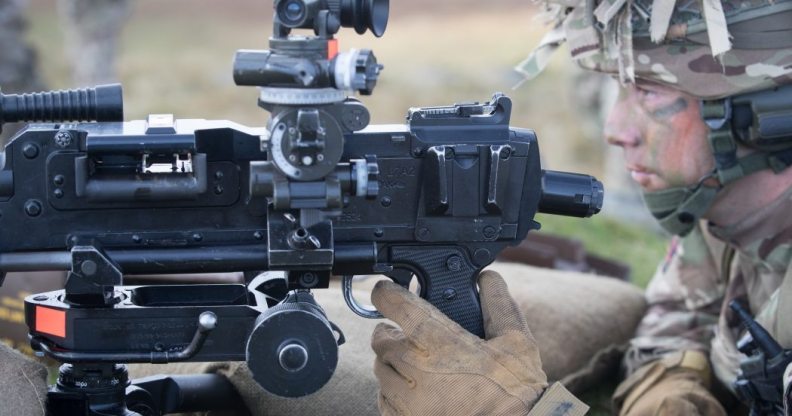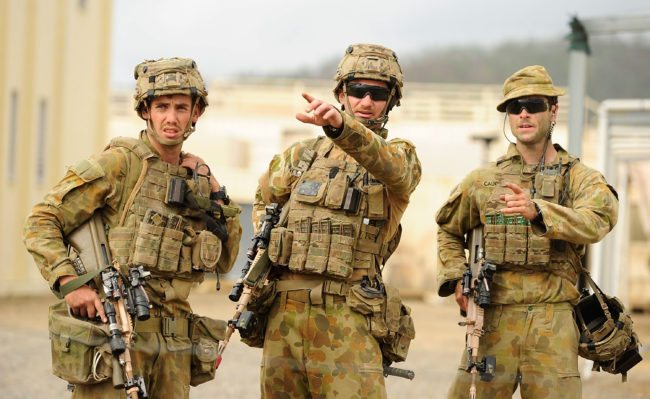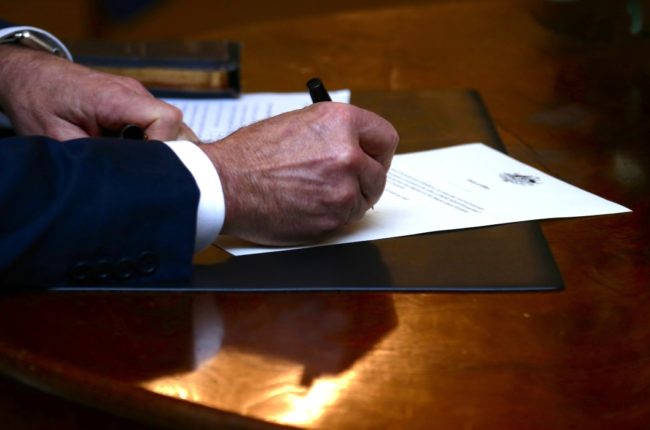Australian Defence Force may revoke gender-inclusivity policy

(Getty)
Despite making headlines this week by accepting its first non-binary recruit, the Australian army is now looking into abandoning its gender-inclusive policies.
The junior minister for Defence Personnel instructed the department to find a way out the current protections that are in place for non-binary soldiers, The Mandarin has reported.
Along with non-binary people, the legislation also protects women from gender discrimination.

(Getty)
It was reported that the order came about as a result of media inquiries about the Australian Defence Force Academy’s first non-binary cadets.
The ADF currently has two non-binary cadets serving, and seven non-binary public servants across the Australian Public Service.
They identify as ‘gender X,’ as opposed to male or female.
If the legislation is successfully revoked, this would get rid of any protections in place for gender-diverse military personnel.
It would also remove other protections that fall under the Sex Discrimination Act, such as those linked to pregnancy and marital status.
If successful, the Department Of Defence would be the first Commonwealth government organisation allowed to discriminate since the reform of anti-discrimination laws in 2012.
Doing so would undermine the efforts of the Attorney General’s Department and the Office for Women.
Prominent figures including the Minister for Women and the former Sex Discrimination Commissioner have also pushed for gender equality in the past.

(Getty)
In regards to this shocking revelation, the department released a statement saying: “The defence of our nation is our first priority and we will examine anything that arises that may impact on our ability to achieve that.”
It continued: “In this regard, the Government and the Australian Defence Force are currently considering the need for an exemption to the Act (Sex Discrimination Act 1984) and the guidelines due to the unique operational requirements of military service.”
Inclusion of non-binary genders has no cost impact for the military.
This is separate from transgender inclusion, which may have a cost impact due to government coverage of medical costs for trans soldiers.

